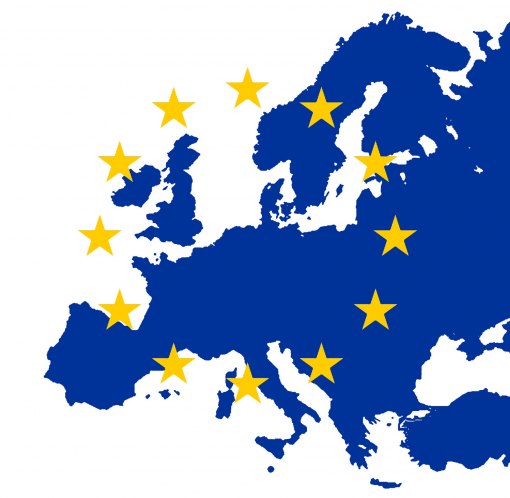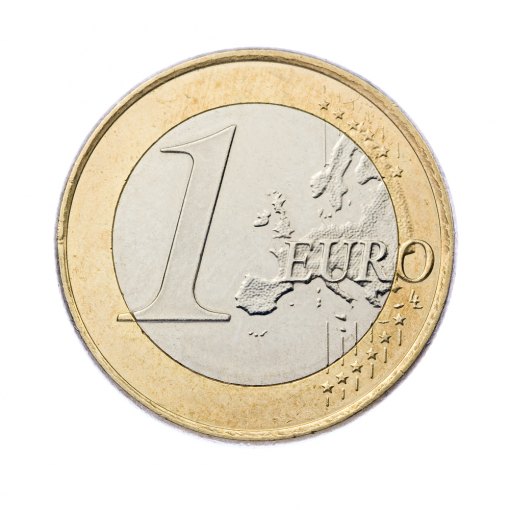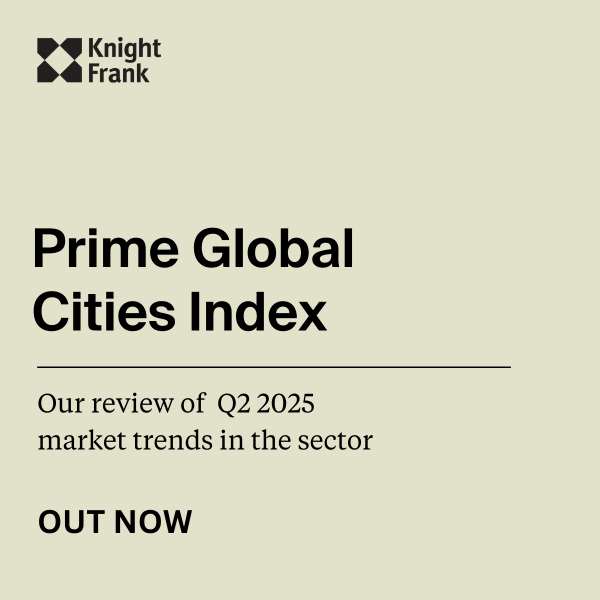Euro scenarios for investors

The most recent in a series of articles following our annual market report, this article tracks the latest developments in the Euro Zone, and their possible repercussions for investors and property buyers.

For decades this is what set the developed nations apart from the so-called Third World, where a combination of rampant corruption, political strife and the frail state of the rule of law conspired to keep economies stagnant and too dangerous to invest in. Thanks to a large private sector failure in the form of the financial services blow-up of 2008 and a public sector crisis that seems on a course of its own, our once-cherished stability has become suddenly eroded to the core.
If nothing else, it reveals just how vulnerable our state of prosperity and security is, as well as emphasising the already existing global shift towards the newly emerging economies, but the current state of affairs should also serve as a wake-up call to all of us in the First World that many of our ways - both personal and in the realms of public finances - are unsustainable. As we clamber to regain a sure footing we are also coming up to a crossroads with some difficult choices to be made.
Is all of this restricted to the Euro Zone? In spite of the fact that this once-heralded and now much-maligned currency union at the heart of Europe absorbs virtually all of the negative news (and credit ratings) at the moment, you need only look at the main indicators to see that other developed countries such as the UK, the US and Japan are in equally perilous waters. For all that the spotlights have been fixed on the Continent, the pound has performed as weakly as the euro, and it is only recently that the US dollar seems to be performing a little better.

What complicates the matter is that there are so many different scenarios. Germany could lead the stronger economies of Northern Europe out of the euro or into a separate EU block. Greece, or perhaps even all of the Southern European countries, could leave the euro and revert to heavily devalued currencies, the euro could disappear altogether or it might be saved intact. Each of these has pros and cons within the current climate of damage control, but one thing that seems totally unthinkable is for a complete meltdown of the European Union as a whole. Why? Because a Europe faced with currency collapse and political disorder would quickly descend into a run on the banks, financial and economic paralysis, and ultimately to civil war on the streets.
This will not be allowed to happen. Although our veneer of security and prosperity has been shown to be rather thin, Europe is still far too powerful and important an economic and political block to have to suffer the above doomsday scenario. Even if the after-shocks of a complete or partial break-up of the Euro Zone would not be quite as scary as all that, the cost to the average citizen would still run into the thousands per person. Even the moderate scenario is therefore not acceptable to Europe's political elite, so if worst comes to worse the European Central Bank will be activated to do what has so far kept other countries out of the limelight - pump money into the economy.
What does it mean for investors?
One way or another 2012 will be a decisive year, but with gold prices peaking and the commodity unable to absorb all the required flight of capital from traditional sources such as the stock market without out-pricing itself, real estate is re-establishing itself as a valuable store of wealth for the mid to longer term. Property values have dropped significantly since their highs in 2007, and might have a little further to go over the next few months, but on the whole they have now reached realistically low levels at which prices will again start to level out in the short term.
This means that there are many good opportunities to choose from, both as an end-user or investor with a view to mid- to longer-term capital growth. With its price levels readjusted, bricks and mortar is again a solid bulwark against depreciation of currency and stock market shares. Add to this the poorer prospects for income through entrepreneurial investment and any potential opportunity cost is pretty marginal too. In other words: in an uncertain market with essentially solid underpinnings real estate offers a safeguard against the depreciation we see around us.
Diana Morales, 05 Jan 2012 - News
Related Articles

Good News for Tourist Rentals in Andalusia: Licences Remain Valid After a Property Sale
3 min. read · Pia Arrieta

The impact of foreign property buyers in Spain
6 min. read · Pia Arrieta

Top emerging areas in Marbella
5 min. read · Pia Arrieta

Knight Frank: Prime Global Cities Index, Q2 2025
2 min. read · Pia Arrieta